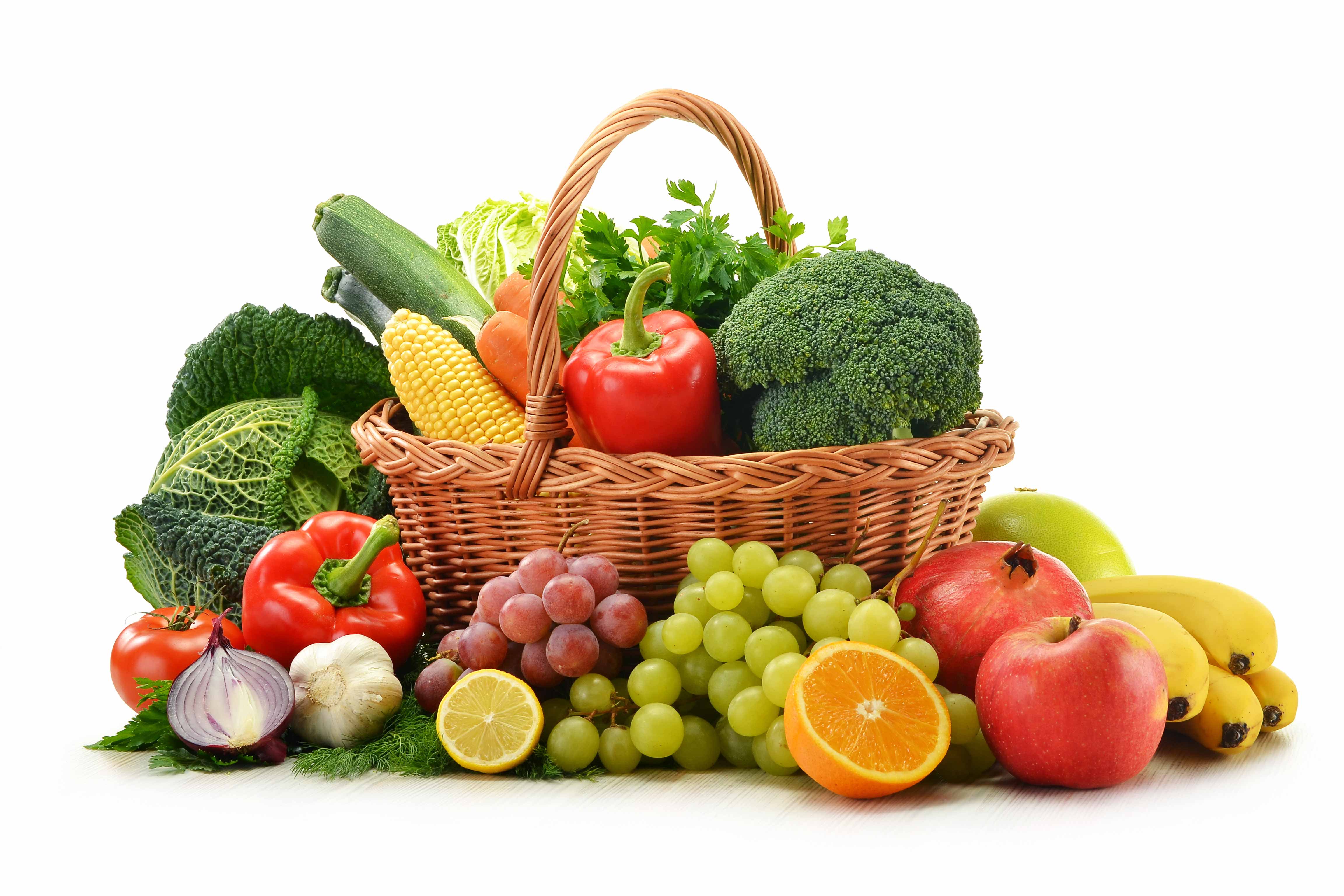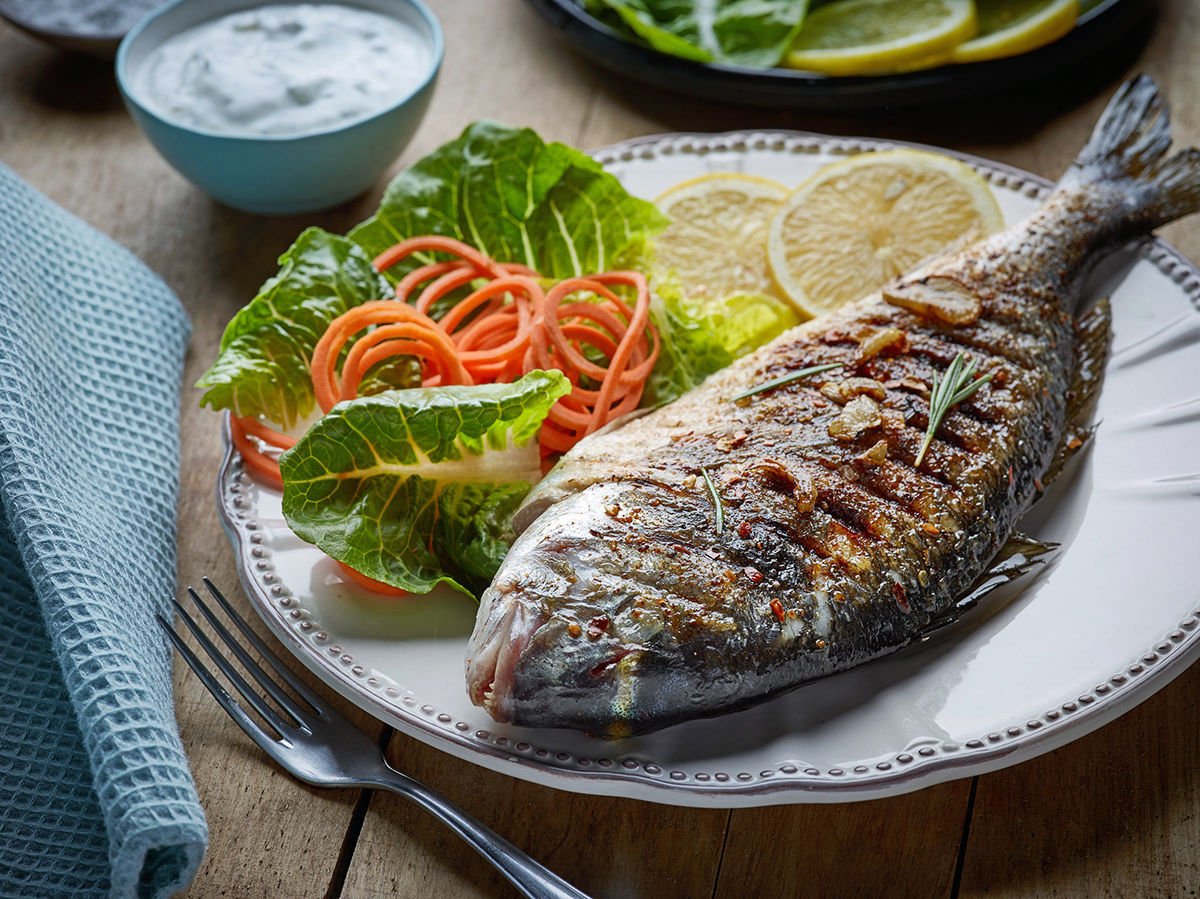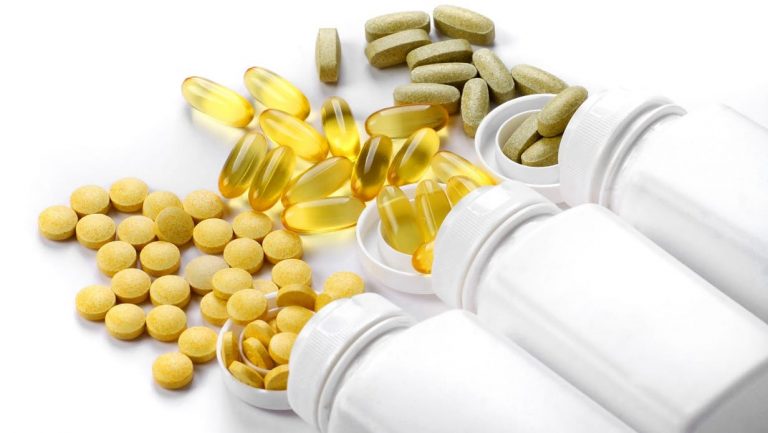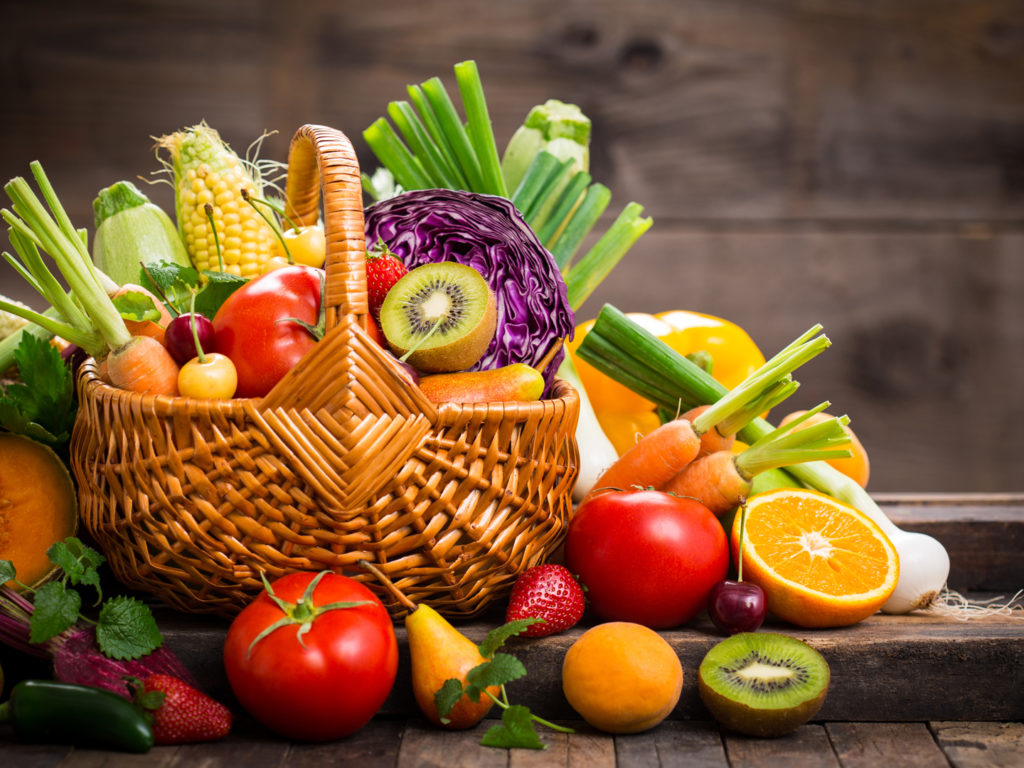Fruits and veggies
Vitamin A and C the antioxidants lutein and zeaxanthin , compounds known to protect against oxidative stress associated with damage to the optic nerve and other tissues of the eye in glaucoma. Leafy green veggies for leafy vegetables like kale and spinach it is not confirmed that there is a direct correlation between glaucoma and leafy vegetables but there is just an association. But is helpful on various other types of illnesses.






